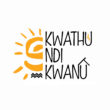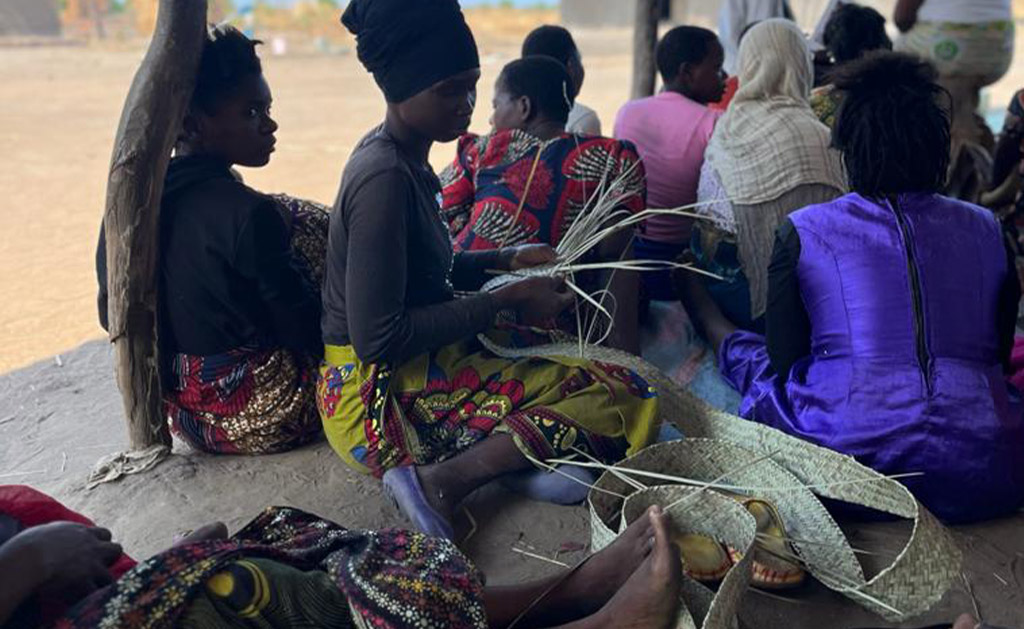By: Aletiru Diana Bibian
Resource Mobilization Advisor
Gender Based Violence (GBV) according to the European Commission refers to violence directed against a person because of that person’s gender or violence that affects persons of a particular gender disproportionately. In this context, my focus is on GBV against refugee girls and young women in Dzaleka Refugee Camp in Malawi. GBV against this marginalized group often results in: physical harm, sexual harm, psychological harm, economic harm, and general suffering to these young refugee women and girls.
Dzaleka is the largest refugee camp in Malawi, established by UNHCR in 1994, that hosts 51,415 refugees and asylum seekers (UNHCR Fact Sheet 2021). The majority of them are from the Democratic Republic of Congo (DRC), while others hail from countries such as Burundi, Rwanda, Somalia, and Ethiopia. Children and youth in Dzaleka refugee camp form more than half the population of refugees and asylum seekers in the camp. However, only 2,477 children are enrolled in preschool, 6,292 in primary school and 1,224 in secondary school in Dzaleka refugee camp (UNHCR 2021) leaving over 60% of the young population out of school because the available schools established for the refugees do not have the capacity to accommodate all the children and youth that have interest in joining the schools.
Livelihood projects in this refugee camp focus on agricultural production and aim to achieve self-reliance for the refugees and asylum-seekers in the camp. UNHCR revealed that, due to insufficient funding, only 800 of the 51,415 camp residents were reached by these projects as of 2022, leaving over 96% of the refugees reliant on assistance. A press release by UNHCR on 24th May 2023 confirmed that the agency had only received 9% of the US$ 27.2 million required to adequately support refugees and asylum-seekers in Malawi which crippled UNHCR’s ability to meet the protection, assistance and livelihood needs of the refugees and asylum seekers in Malawi.
Currently a refugee in Dzaleka refugee camp receives monthly assistance of MWK 6.300 an equivalent of USD 5.4 which means that the refugees are expected to live on USD 0.18 a day thus increasing the vulnerability of the women and girls in the refugee camp that continues to drive many of them to accept any offers from men in exchange for sex. What Shakira goes through as highlighted in “Qoute 2” is not an isolated case. Working with World University Service of Canada (WUSC) in Malawi as a South—South Volunteer under the IGNI+E project funded by Global Affairs Canada (GAC) has exposed me to a number of realities the GBV survivors and victims are interfaced with on their day to day basis thanks to Kwathu Ndi Kwanu (KNK) (the WUSC Partner I am attached to support) that exists to economically empower these GBV Victims and Survivors to gain self reliance in a bid to stop the vice in Malawi.
During the selection of young women as beneficiaries of an economic empowerment project that targets young women particularly GBV Victims and Survivors in Dzaleka refugee camp and Salima district by Kwathu Ndi Kwanu(KNK) funded by WUSC under the Partner Innovation Fund (PIF), 88% of the young women assessed testified that they were battered (hit, punched, kicked, slapped, choked, hurt with a weapon, or otherwise physically hurt) by someone in or outside their households. 78% confessed that they were forced to have sex against their will while 76% revealed that they were forced to have sex to be able to eat, have shelter and access to essential services because their family would be in danger of starvation and others if they did not opt to offer sex in exchange during the last 12 months.
This sexual and physical cruelty is not limited to the adults, the men further prey on the young girls too. Two 13 and 16-year-old girls testified to being forced to get married by relatives, being defiled several times against their will by different men and being forced to get abortion among other forms of GBV perpetrated against them in the last 12 months. These revelations by the young women serve as a reminder that all the stakeholders are not doing their best to provide the alternatives the refugee women and girls require to break out of the claws of GBV. These GBV Victims and Survivors are not looking for advice, counselling or information on the dangers of condoning GBV, they see their tolerance to GBV and other sexual offenses including violation of the Protection of Sexual Harassment, Exploitation and Abuse (PSHEA) by partner staff as the only way for their survival.
What they require is targeted ‘investments’ from the stakeholders to learn skills that can help them work and earn an alternative income and the startup capital or kits to start their own businesses they can sustainably rely on to eat and survive. This call for action to invest in the refugee women and girls in Dzaleka refugee camp is directly in line with the global theme of 16 Days of Activism against Gender Based Violence, 2023, which is calling on partners to “UNITE! Invest to prevent violence against women and girls” (UNWomen 2023).

